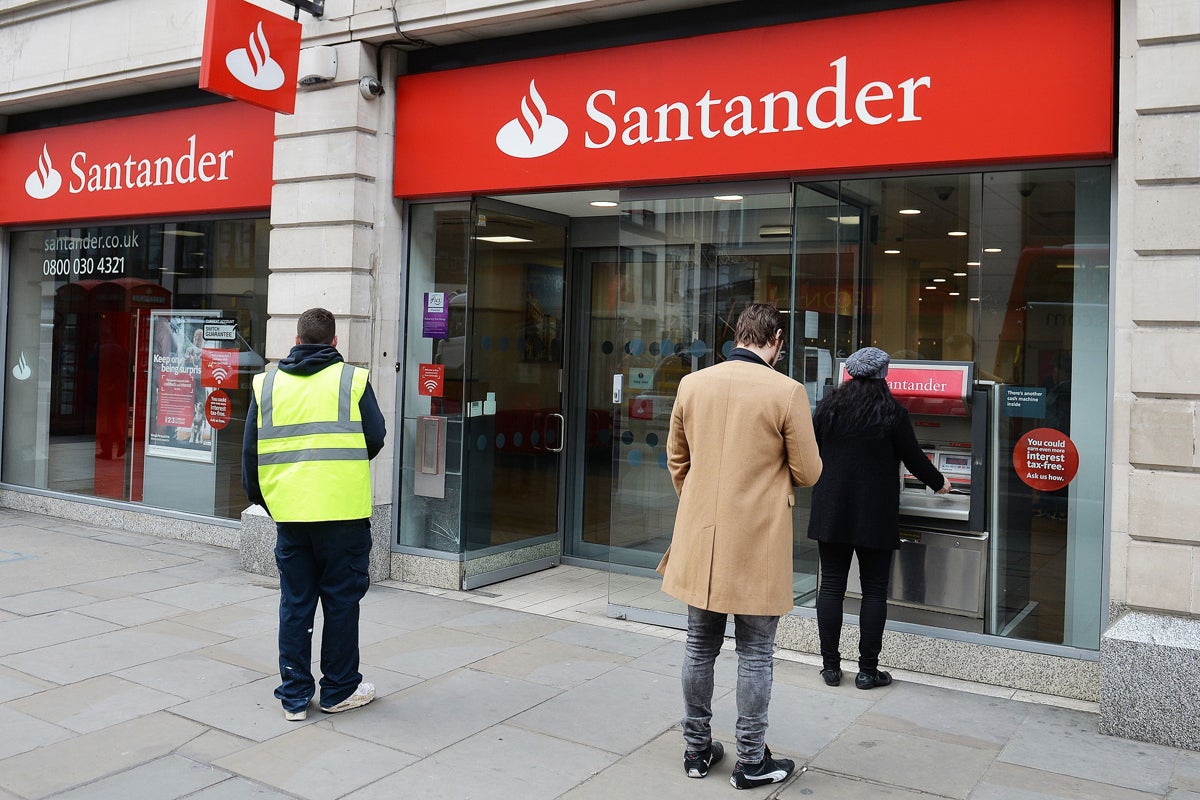What will the UK’s stagnating economic growth mean for politics?
The public mood will be still more depressed if the Bank of England does as it has been hinting it might and starts to push interest rates up, writes Sean O’Grady, but for the government the real risk is inflation


You can’t get the staff, as the old quip goes, and it happens to be a goodly part of the explanation for the UK’s sluggish recovery from the Covid pandemic (which is, of course, not exactly “over” in any case). With the notable exception of the United States, most major economies have not yet recovered the level of output they were at when the coronavirus struck, and, it has to be said, the UK is further away from that benchmark than its closest neighbours – 2.1 per cent off the levels of early 2020, as compared with France and Germany, lower by 0.1 per cent and 1.5 per cent respectively. Some of the difference is down to slightly different methods of accounting for growth, and the different composition of the UK economy, being more reliant on service industries (though in fact that could be working this time in favour of the UK).
In any case, growth is slowing down, and is below expectations. Common sense tells us us to look for a possible explanation as to why the UK has been falling behind of late. It is at least possible that Brexit has had a depressing effect on economic activity, with EU workers returning home and increased barriers to trade and the flow of orders, componentry and raw materials. Extra bureaucracy will also impose higher costs, and so on. That, in turn threatens higher inflation and, in time, higher interest rates. What will this mean for politics?
It will certainly add to pressures on the public finances, though the effects will take time to feed through. Taxes and public borrowing will be higher, and public spending lower than they would probably be with higher growth. There’s no immediate shock, but in the coming years hopes that the Conservatives can retain their ratings for economic competence in the face of an intensifying cost of living crisis seems unlikely. The two big unknowns are what will happen to unemployment in an era of labour shortages, and to prices, but again the outlook is poorer than might have been hoped before. Pre-election tax cuts will be harder to engineer, and there’ll be less investment in pet politically targeted “levelling up” projects in marginal seats.
If the economy continues to stagnate it will also hit business and consumer confidence, and there is usually some link between these and confidence in the governing party. The public mood will be still more depressed if the Bank of England does as it has been hinting it might and starts to push interest rates up. The immediate effect will be muted because the actual rises will be small and will leave rates at ultra-low historical levels, and because it will take time for mortgage rates and repayments to catch up. But the psychological effect on markets may be strong. It is easy to see that feeding through to a cooling in the property market, and lower house values – which would erode confidence still further. The only political upside is that it will be the Bank of England that gets the obloquy for higher rates and mortgage bills, not ministers, even though the government’s emergency fiscal measures and Brexit policy is part of the reason why prices are being pushed higher. Wages (for some) will be up, but with 5 per cent inflation or more they won’t keep pace with rising prices.
Inflation is really the key risk, politically. One ominous signal from the markets is the falling value of sterling internationally. That means higher prices for imports of everything, from Moroccan satsumas to Swedish Volvos to French electricity – an across-the-board increase. It’s signalling that investors and their economic advisers believe that the best way the UK can overcome the problems of Brexit and Covid is to reduce the cost and prices of what it sells abroad, and make imports more expensive. In plain English, that means inflation and a reduction in the real buying power of wages.
All of that should press down on government popularity, but as ever the opposition parties will need to show that, in a time of economic hardship and danger, they’d not actually make matters (even) worse. A particular problem is what to say about Brexit. If it’s responsible for slow growth then the obvious thing is to argue to reverse it, in whole or in part, and to “make Brexit work” as Labour say. That also brings its own political risks. A sluggish economy is certainly bad news for Boris Johnson and Rishi Sunak, but it may not be the gift it first appears for Keir Starmer and Rachel Reeves.
Join our commenting forum
Join thought-provoking conversations, follow other Independent readers and see their replies
Comments
Bookmark popover
Removed from bookmarks